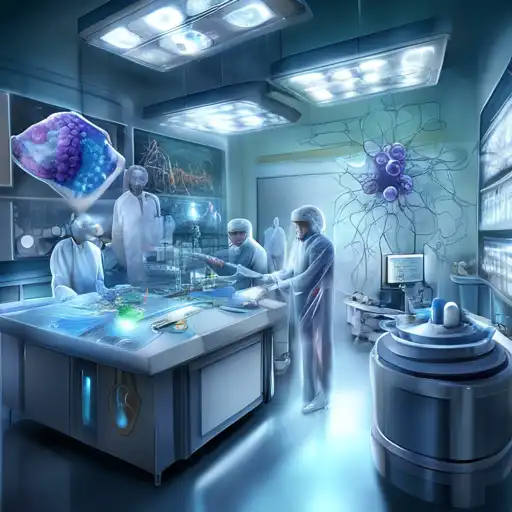Introduction to Nanotechnology in Medicine
Nanotechnology, the science of manipulating matter at the atomic and molecular level, is set to revolutionize the medical field. With its ability to operate at the same scale as biological molecules, nanotechnology offers unprecedented opportunities for diagnosis, treatment, and prevention of diseases. This article explores the groundbreaking advancements and potential of nanotechnology in medicine.
The Promise of Nanomedicine
Nanomedicine, the application of nanotechnology in healthcare, promises to transform the way we approach disease treatment and prevention. From targeted drug delivery systems that minimize side effects to nanorobots capable of repairing damaged tissues, the possibilities are endless. The precision and efficiency of nanomedicine could lead to more effective treatments with fewer side effects.
Current Applications of Nanotechnology in Medicine
Today, nanotechnology is already making waves in various medical applications. Some of the most notable include:
- Drug Delivery: Nanoparticles are being used to deliver drugs directly to diseased cells, reducing the impact on healthy cells and improving treatment outcomes.
- Diagnostic Tools: Nanotechnology enables the development of highly sensitive diagnostic devices that can detect diseases at their earliest stages.
- Regenerative Medicine: Nanomaterials are being explored for their potential to support tissue regeneration and repair.
Future Prospects of Nanotechnology in Healthcare
The future of nanotechnology in medicine is bright, with research underway to explore its potential in combating some of the most challenging diseases, including cancer, Alzheimer's, and heart disease. Innovations such as nanobots for precision surgery and nano-based vaccines are on the horizon, promising to redefine healthcare as we know it.
Challenges and Ethical Considerations
Despite its potential, the integration of nanotechnology into medicine faces several challenges, including technical hurdles, regulatory issues, and ethical concerns. Ensuring the safety and efficacy of nanomedicine products is paramount, as is addressing public concerns about privacy and the potential for misuse.
Conclusion
Nanotechnology in medicine represents a frontier of innovation with the potential to significantly improve patient outcomes and revolutionize healthcare delivery. As research progresses, it is crucial to navigate the challenges carefully to fully realize the benefits of this transformative technology. The next big thing in medicine is here, and it's smaller than we could have ever imagined.
